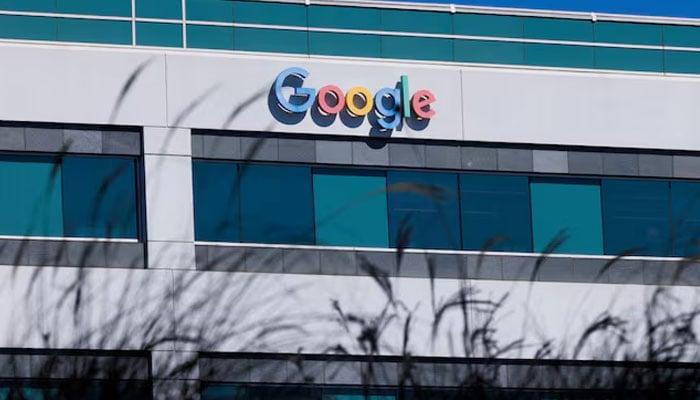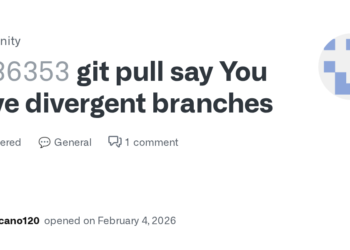Select Language:
Google LLC’s logo is displayed on a building in San Diego, California, on October 9, 2024. — Reuters
WASHINGTON: Google’s parent company, Alphabet, faced a significant legal setback in the United States after losing a court battle against Epic Games, the creators of Fortnite.
The Ninth U.S. Circuit Court of Appeals in San Francisco dismissed Google’s effort to overturn a previous ruling that accused the tech giant of unfairly restricting how Android users access apps and handle in-app payments. Google argued that the lower court judge had made legal mistakes in the antitrust case, which they claimed unfairly favored Epic Games, the plaintiff who filed the lawsuit in 2020.
The appellate court found that Google’s practices stifled competition, allowing it to maintain its dominance. This verdict marks a considerable victory for Epic, which has been advocating for more openness in app stores to provide consumers with greater options.
Circuit Judge Margaret McKeown, joined by judges Danielle Forrest and Gabriel Sanchez, emphasized that the evidence in Epic’s case overwhelmingly demonstrated Google’s anti-competitive actions that cemented its market leader position.
This decision is particularly damaging to Google, which now faces multiple legal challenges, including a case brought by the U.S. Justice Department, alleging violations of antitrust laws across various aspects of its business.
In the 2023 trial, Epic accused Google of monopolizing how consumers access apps on Android devices and controlling payment processes within apps. A San Francisco jury agreed, finding Google had illegally suppressed competition.
In October, U.S. District Judge James Donato ordered Google to promote competition by allowing users to download alternative app stores within its Play Store and ensuring those stores could access Google’s app catalog, among other reforms. However, this order is currently on hold while the case is appealed to the full Ninth Circuit and potentially to the Supreme Court.
Google’s Vice President of Regulatory Affairs, Lee-Anne Mulholland, stated that the appellate court’s decision “will significantly harm user safety, restrict choice, and undermine the innovation that has always been fundamental to the Android ecosystem.” The company plans to continue its legal efforts to protect its platform.
Epic’s CEO, Tim Sweeney, announced via social media, “Thanks to this verdict, the Epic Games Store for Android will be arriving in the Google Play Store!”
Google defended its position to the appellate court, asserting that the Play Store competes directly with Apple’s App Store, and criticized Judge Donato for allegedly preventing Google from arguing this point to counter Epic’s claims.
Additionally, Google argued that Epic’s lawsuit should never have gone to a jury since Epic sought to restrain Google’s conduct—which is typically handled by a judge—instead of seeking monetary damages.
The appeals panel acknowledged that Judge Donato conducted thorough proceedings before issuing the injunction and related orders. Epic reaffirmed its stance, arguing that the Android app marketplace has been plagued by anti-competitive practices for over a decade.
Both in the trial court and in the appeal, Epic disputed Google’s claims that the court-ordered changes would compromise user privacy and security. Microsoft, the U.S. Justice Department, and the Federal Trade Commission all submitted briefs supporting Epic’s case.
Meanwhile, Epic is also challenging Apple over a separate court order that requires the iPhone maker to allow app developers more freedom to direct users to outside purchasing options, with Apple currently appealing a ruling that found it had violated previous injunctions in Epic’s 2020 lawsuit.






